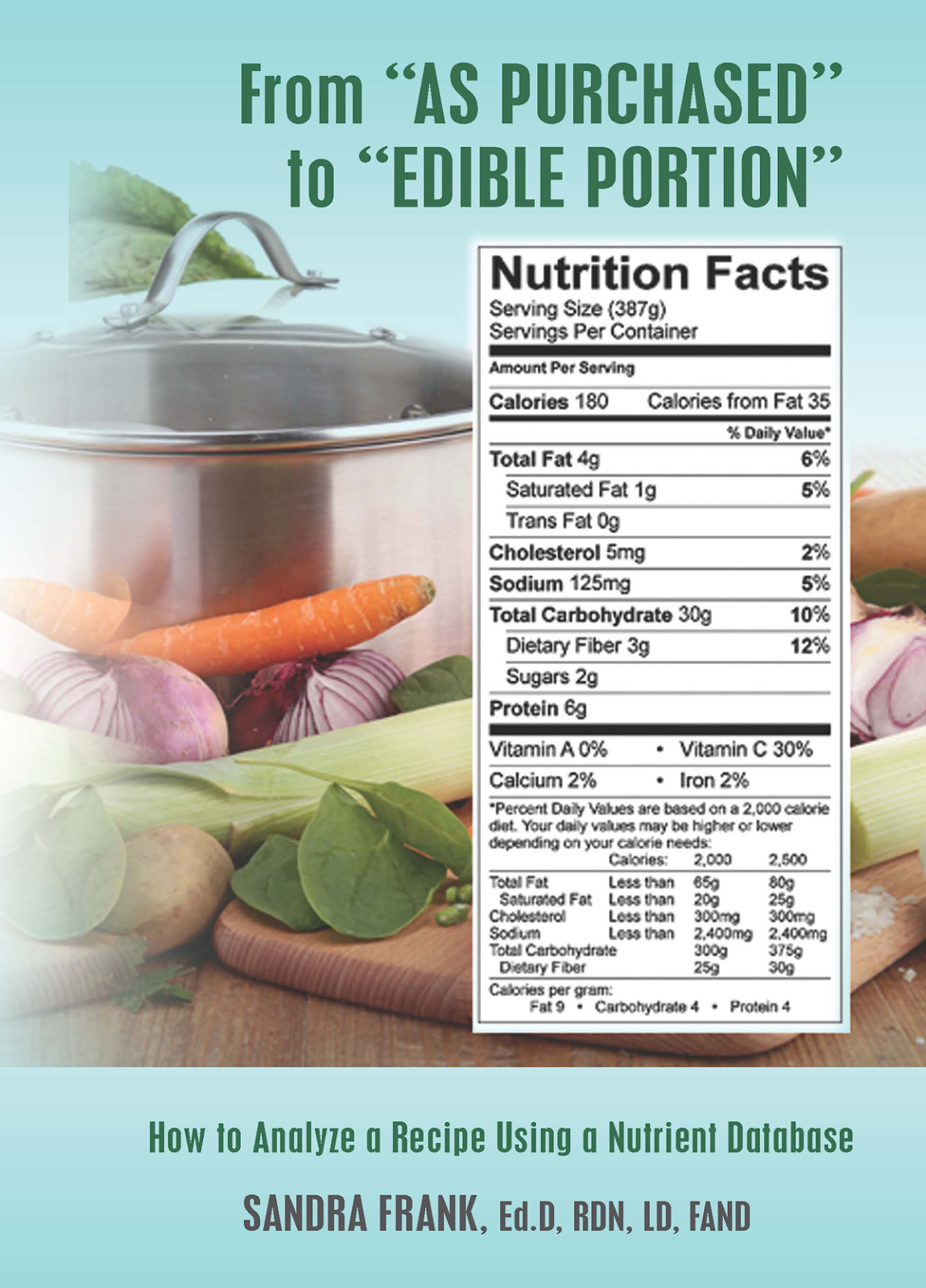A recent study determined excessive consumption of potato chips may cause obesity, which can produce a rise in blood pressure.
- Seek support from other caregivers. You are not alone!
- Take care of your own health so that you can be strong enough to take care of your loved one.
- Accept offers of help and suggest specific things people can do to help you.
- Learn how to communicate effectively with doctors.
- Caregiving is hard work so take respite breaks often.
- Watch out for signs of depression and don't delay getting professional help when you need it.
- Be open to new technologies that can help you care for your loved one.
- Organize medical information so it's up to date and easy to find.
- Make sure legal documents are in order.
- Give yourself credit for doing the best you can in one of the toughest jobs there is!



































